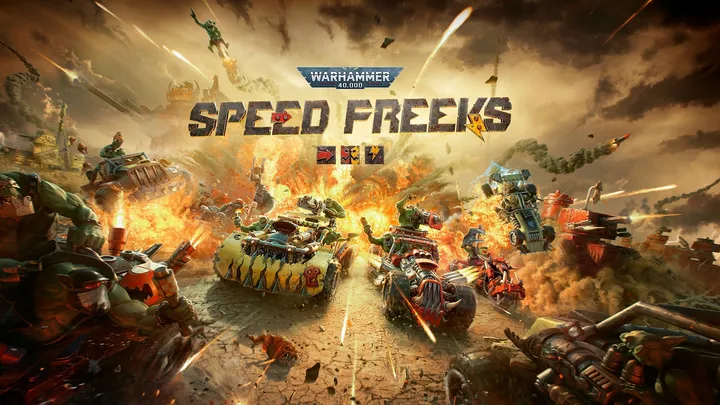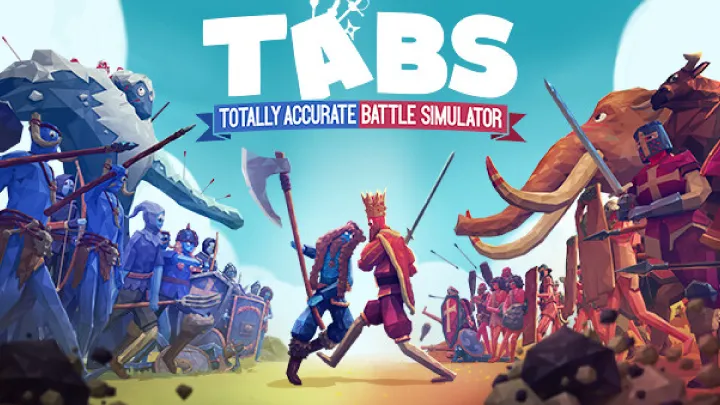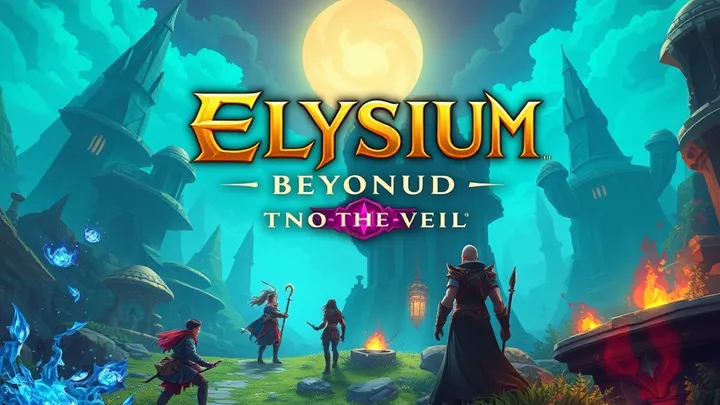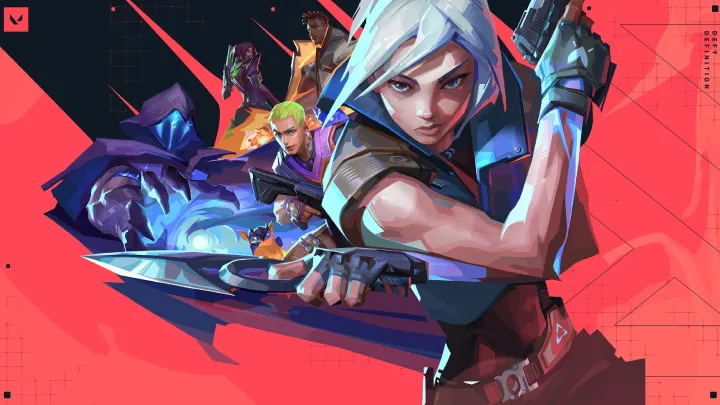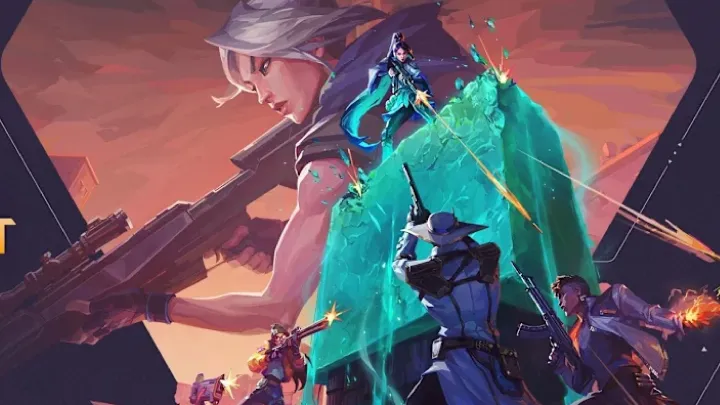Introduction
Valorant, developed by Riot Games, has quickly established itself as a cornerstone of the tactical first-person shooter (FPS) genre since its release in 2020. Combining elements from games like CS:GO and Overwatch, Valorant emphasizes strategic gameplay, teamwork, and the unique abilities of its diverse roster of agents. This guide aims to provide players with a comprehensive understanding of how to play Valorant effectively, covering everything from basic mechanics to advanced strategies.

Getting Started with Valorant
System Requirements
Before diving into Valorant, ensure your system meets the minimum requirements:
- OS: Windows 7/8/10 (64-bit)
- Processor: Intel Core 2 Duo E8400
- RAM: 4 GB
- Graphics Card: Intel HD 3000
- VRAM: 1 GB
- DirectX: Version 11
Installing Valorant
- Download the Riot Client: Visit the official Valorant website to download the Riot Games client.
- Create an Account: Sign up for a Riot Games account if you don’t already have one.
- Install the Game: Follow the installation instructions to set up Valorant on your PC.
Choosing Your Agent
Upon entering the game, players can choose from a diverse roster of agents. Each agent specializes in specific roles, such as Duelist, Controller, Initiator, or Sentinel. Understanding these roles is crucial for effective team composition.
- Duelists: Focus on aggressive play and securing kills (e.g., Jett, Reyna).
- Controllers: Manage sightlines and control areas with abilities (e.g., Omen, Viper).
- Initiators: Create opportunities for teammates by disrupting enemy positions (e.g., Sova, Breach).
- Sentinels: Support the team with healing and defensive abilities (e.g., Sage, Cypher).
Game Mechanics
Round Structure
A typical round in Valorant consists of the following phases:
- Buy Phase: Players can purchase weapons, shields, and abilities using in-game currency.
- Action Phase: The attacking team attempts to plant the Spike, while the defending team tries to prevent this.
- End of Round: The round concludes when the Spike is planted and detonated, or the attacking team is eliminated.
Understanding the Economy
Understanding the economy is crucial to success in Valorant:
- Credits: Earned by completing objectives, securing kills, and winning rounds.
- Purchasing: Players must decide when to save or spend their credits. Saving can lead to better equipment in future rounds.
- Force Buy: Buying weapons and abilities when low on credits to maintain pressure on the enemy team.
Communication and Teamwork
Effective communication is key to success in Valorant:
- Callouts: Use map-specific callouts to share information with teammates.
- Voice Chat: Utilize voice chat to relay important information quickly.
- Ping System: Use the in-game ping system to indicate enemy locations or strategies.
Mastering Gunplay
Aiming and Shooting
Precision is essential in Valorant. Focus on the following aspects to improve your gunplay:
- Crosshair Placement: Keep your crosshair at head level to minimize the distance you need to move your mouse when an enemy appears.
- Burst Fire: Fire in controlled bursts rather than holding down the trigger to maintain accuracy.
- Recoil Control: Learn the recoil patterns of different weapons to manage your shots effectively.
Aim Training
Consider using aim trainers or in-game practice modes to enhance your aiming skills. Regular practice will lead to improved accuracy and reaction times.
Utilizing Agent Abilities
Understanding Agent Roles
Each agent falls into one of four roles, which influences their abilities and team contributions:
- Duelists: Aggressive play and self-sustain.
- Controllers: Area denial and utility management.
- Initiators: Disruption and information gathering.
- Sentinels: Defense and healing support.
Ability Overview
Each agent has a set of abilities, typically categorized as follows:
- Basic Abilities: Available every round and can be purchased at the start.
- Signature Ability: Unique to each agent and has a cooldown period.
- Ultimate Ability: A powerful ability that charges over time and can turn the tide in battle.
Using Abilities Effectively
- Coordinate with Teammates: Use abilities in conjunction with teammates to maximize their effectiveness.
- Use Abilities Strategically: Save abilities for critical moments, such as initiating a fight or securing a bomb plant.
- Learn Counterplays: Understand how to counter enemy abilities using your own.

Map Knowledge
Overview of Maps
Valorant features several maps, each with unique layouts and strategies. Here are some key maps:
- Bind: Known for its teleporters, which allow for quick rotations. Control the middle area to gain an advantage.
- Haven: Three bomb sites instead of the usual two. Split your team to cover multiple sites and use map control effectively.
- Split: Verticality with ropes and high ground. Utilize elevation changes to gain an advantage in gunfights.
- Ascent: A central open area that requires mid control to dictate the pace of the game.
- Icebox: Tall structures and open spaces. Use verticality to surprise enemies and control sightlines.
Key Callouts
Familiarize yourself with map callouts to enhance communication with teammates. Knowing specific locations can help relay information quickly and efficiently.
Strategies for Success
Team Strategies
Developing team strategies can significantly improve your chances of winning:
- Site Executes: Plan how to approach each bomb site, including ability usage and positioning.
- Retakes: If defending, discuss strategies for retaking a site after a Spike plant.
- Default Plays: Establish a default strategy to control map areas and gather information.
Individual Strategies
Focus on your individual gameplay as well:
- Positioning: Use cover effectively and avoid overextending. Play angles that allow you to gather information safely.
- Adaptability: Be prepared to change your strategy based on the flow of the game and the enemy's playstyle.
Economy Management
Understanding the economy is vital to success:
- Save Rounds: Sometimes, it's better to save credits for a future round rather than force a buy.
- Eco Rounds: Use rounds where your team is low on credits to buy cheaper weapons and try to catch the enemy off-guard.
Improving Your Skills
Regular Practice
Consistent practice is key to improvement:
- Aim Training: Use aim trainers or dedicated practice modes to enhance your shooting skills.
- Game Sense: Watch professional players or streamers to learn new strategies and techniques.
Analyzing Your Gameplay
Reviewing your gameplay can help identify areas for improvement:
- Replays: Watch your matches to analyze decision-making and positioning.
- Feedback: Seek feedback from more experienced players or friends.
Staying Updated
Valorant is constantly evolving, with regular updates and patches:
- Patch Notes: Stay informed about changes to agents, maps, and game mechanics.
- Meta Shifts: Adapt to changes in the meta and adjust your strategies accordingly.
Conclusion
Valorant is a dynamic and engaging tactical shooter that requires skill, strategy, and teamwork. By understanding the game's mechanics, mastering your agent, and developing effective strategies, you can enhance your gameplay experience and climb the ranks.
Whether you’re a beginner or a seasoned player, embracing the complexities of Valorant will lead to a more enjoyable and rewarding gaming experience. Dive in, practice regularly, and enjoy the thrill of competition as you navigate the exciting world of Valorant!



